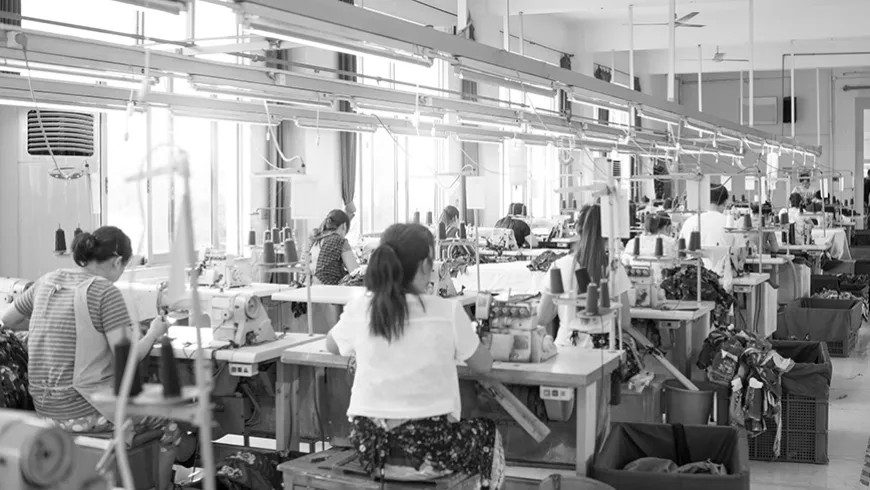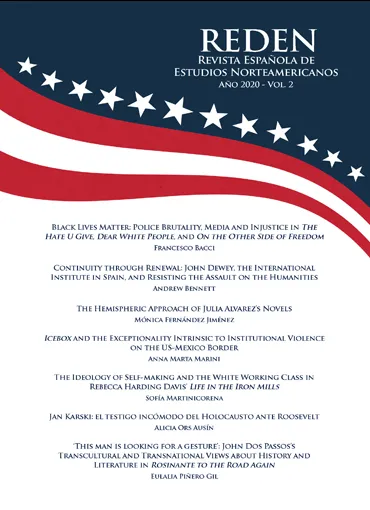
Rebecca Harding Davis’ novella Life in the Iron Mills is one of the first instances of nineteenth-century American fiction that explicitly focuses on the white working class. A largely forgotten text until it was republished by the Feminist Press in 1971, Iron Mills was published in 1861 in the Atlantic Monthly, a magazine “committed to the ideals of American democracy” (Tharp 3). Against the backdrop of a nation on the verge of disaster and a society that was experimenting deep economic and political change, Davis decided to write about the deprived lives of the workers of industrial capitalism, managing to establish herself as one of the leading voices of reformist literature and American realism (Long). The aim of this paper is to explore how her writing analyses the consequences of the myth of upward mobility for the working class. I will argue that Iron Mills is construed as a contestation to the pervasive –and quintessentially American– myth of the self-made man, which by promoting an ideology of effort and hard work as the means towards personal self-realisation, overlooks class differences and socioeconomic realities. An analysis of the tragic unfolding of Hugh Wolfe’s life will evince how this myth functions in an ideological way, obscuring the real social dynamics that operate under industrial capitalism.


